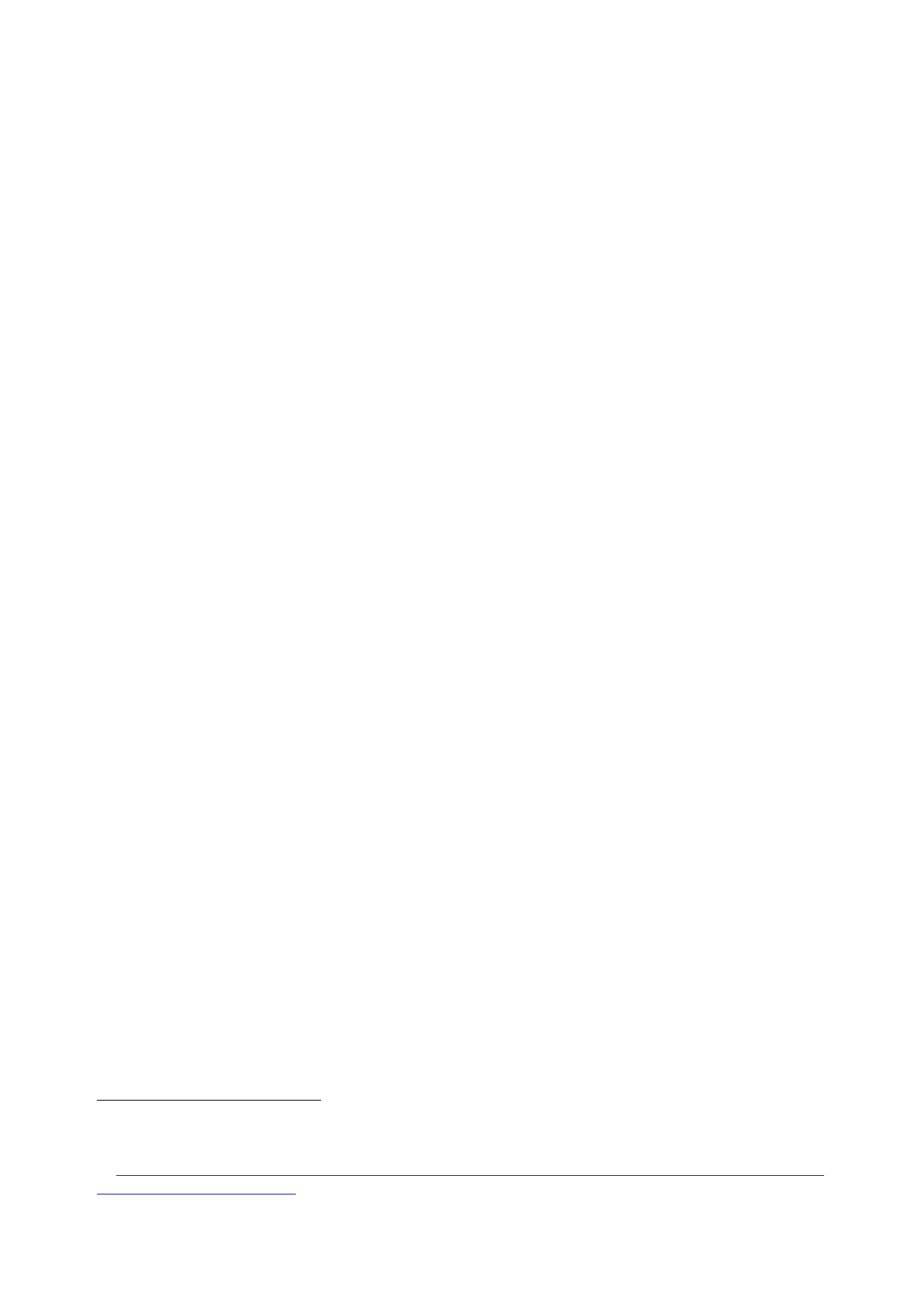
The Report
of the Iraq Inquiry
“The latest
discussions clearly showed that the Security Council was not
disposed
in the
current circumstances to sanction a rush to war.
“The United
States has just given Iraq an ultimatum. Whether it is a question …
of
the
necessary disarming of Iraq or the desirable change of regime in
that country,
there is no
justification here for a unilateral decision to resort to
war.
“However
events develop in the near future, this ultimatum calls into
question the
notion we
have of international relations. It commits the future of a people,
the future
of a
region, and the stability of the world.
“It is a
grave decision at a time when the disarmament of Iraq is under way
and the
inspections
have proved they were a credible alternative for disarming that
country.
“It is also
a decision which compromises – for the future – the methods of
peacefully
resolving
crises linked to the proliferation of weapons of mass destruction.
Iraq does
not today
represent an immediate threat such as to justify an immediate
war.”320
888.
Sir John
Holmes commented that President Chirac’s statement continued
to
emphasise
France’s position “as on the side of the majority”, but that his
description
of regime
change as “desirable” might be “significant”.321
President
Chirac “could have
been more
categorical on the legal authority and used the language of
condemnation”.
Sir John
concluded that President Chirac had “kept his options open for
co-operation
over the
day after”.
889.
Reporting
after the start of the conflict, Sir John Holmes offered the view
that
President
Chirac had consistently disagreed with UK policy on Iraq on
sanctions and
military
action.322
French
policy had been driven by his personal convictions.
President
Chirac had
never believed that Saddam Hussein was “really a danger to us” and
France
had
disagreed with UK policy on sanctions and military action. France
had:
“… only
ever agreed with great reluctance to each step to ratchet up the
pressure
on Saddam
while accepting that only our military pressure had made him
[Saddam]
co‑operate
… [T]hey believe they have been consistent and that their
opposition to
the use of
force will in the end be vindicated.”
890.
Sir John wrote
that it was hard to be sure of the exact moment when
France
resolved to
take on some of their closest allies and veto action if necessary.
The
“present hard
line was inherent in the Franco-German position in late January”
but
Sir John’s
view was that President Chirac had begun to see the attractions of
a veto
during
February and his confidence in a Russian veto increased after
Mr Ivanov’s visit
to Paris on
5 March. The crucial element had been the realisation shortly after
that
320
BBC
News, 18 March
2003, Chirac and
Schroeder on US ultimatum.
321
Telegram
135 Paris to FCO London, 18 March 2003, ‘Iraq: Chirac’s Reaction to
Ultimatum’.
322
Telegram
147 Paris to FCO London, 24 March 2003, ‘France/Iraq: How did
Chirac Finish Up Where he
did and
What Does it Mean?’.
558
